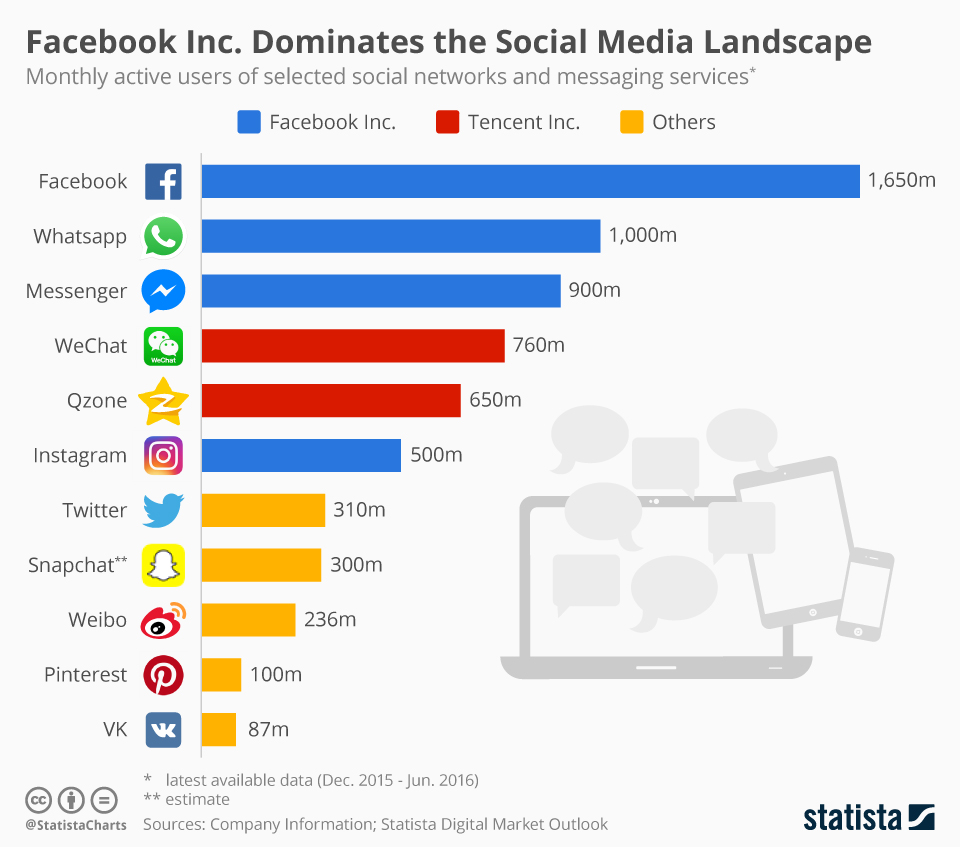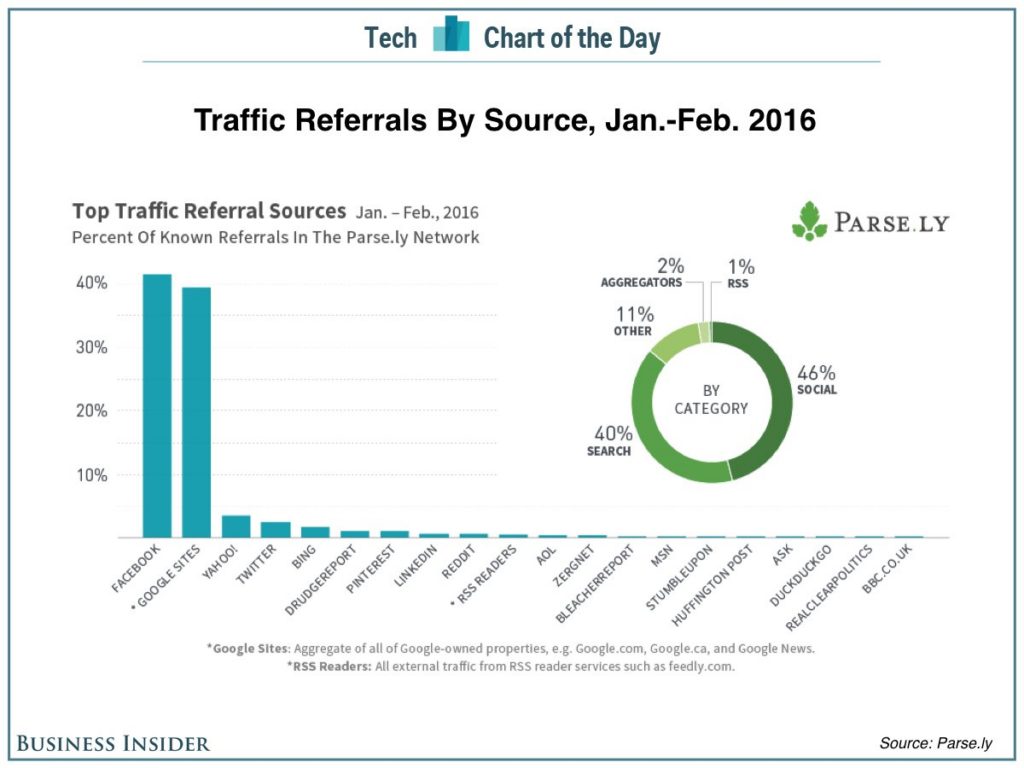According to Politico, Mashable is undergoing a dramatic restructuring, not to mention what is sometimes called a ‘pivot’. What’s interesting is where the site is now (apparently) headed.
As for the new direction of the company, Cashmore [Mashable’s CEO] hinted at the importance and influence of advertisers, noting that now advertisers are no longer separate from the story and want to be “telling stories with us” and no longer “buying media” for an audience.
“Branded content is the business model for media going forward” Cashmore told staff. “It’s very, very clear that branded content is the future.”
Well, well. Spool back to the early days of broadcast radio, when nobody could figure out a business model for the thing. I mean to say, you spend all that money setting up a station and creating ‘content’ and every Tom, Dick and Harry who had a radio receiver cold listen to it for free. And then along came Proctor and Gamble, a soap company, with the idea that if you sponsored compelling content — like a dramatic serial — and associated your name and brand with it, then good things would happen. Thus was born the ‘soap opera’. And this is the wheel that Mashable seems to have re-invented!


